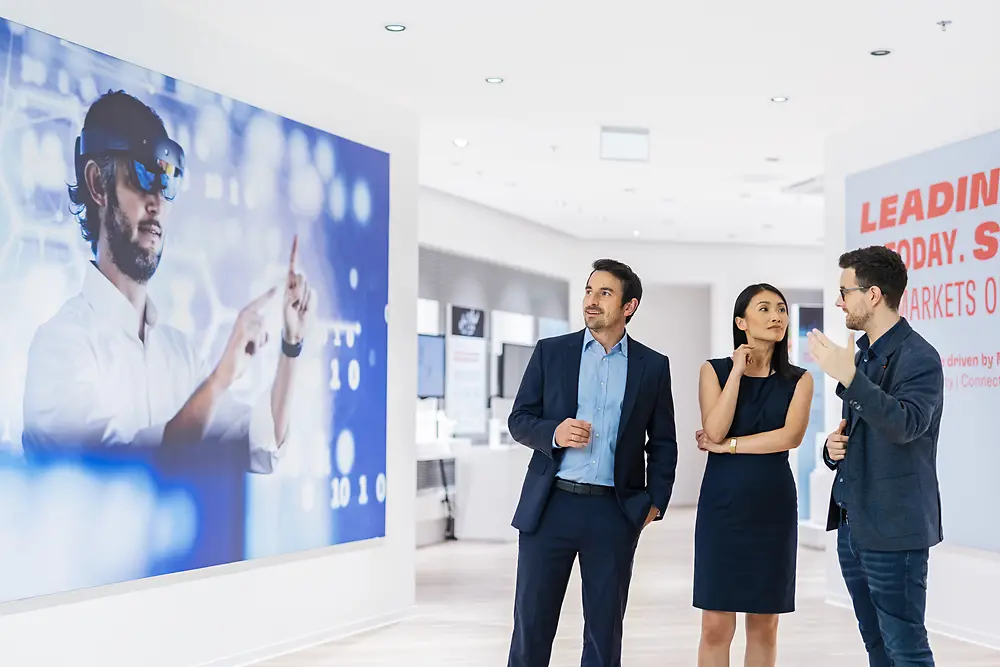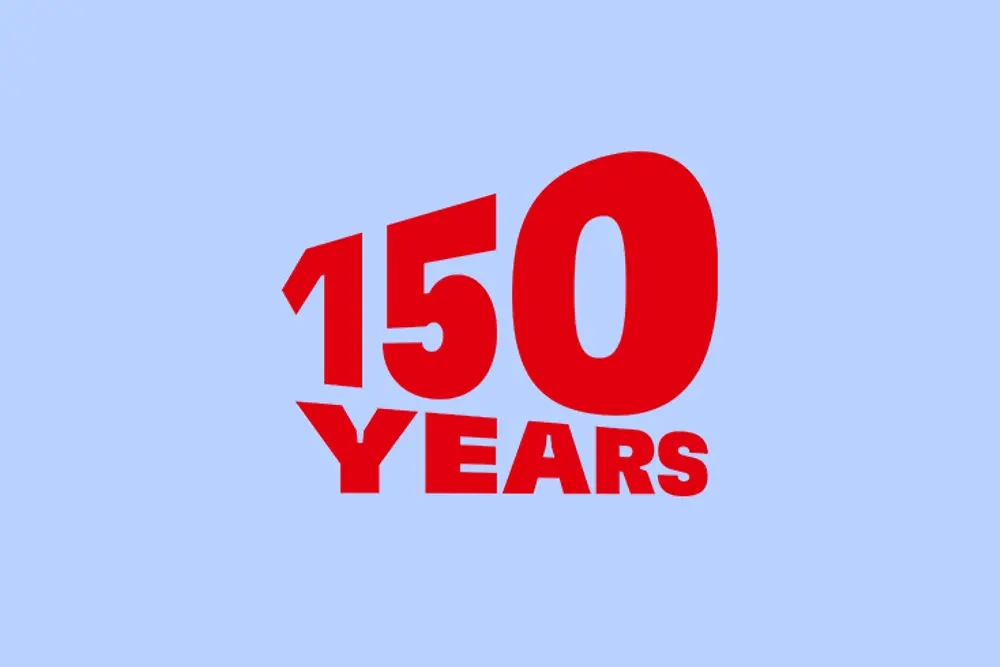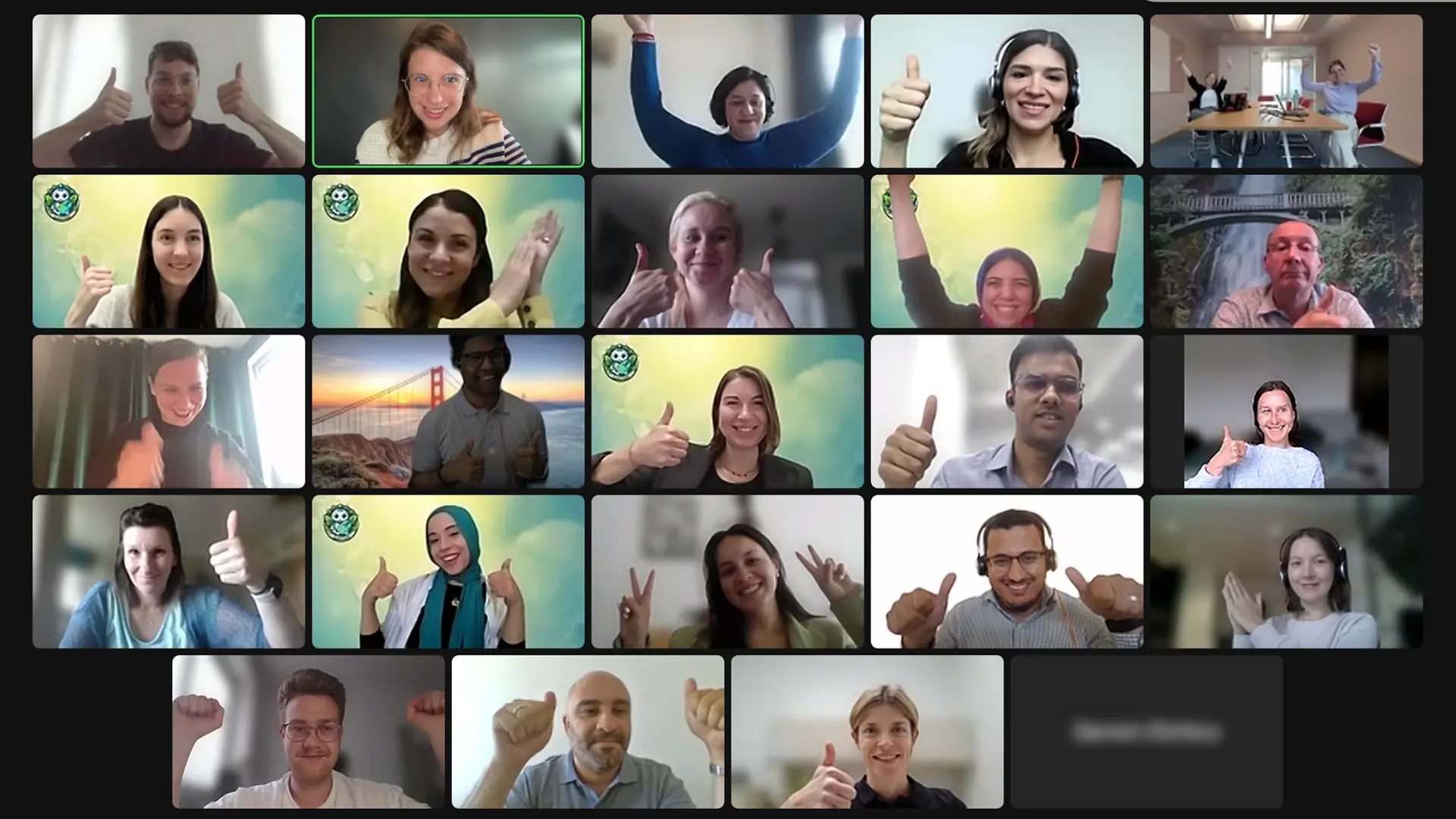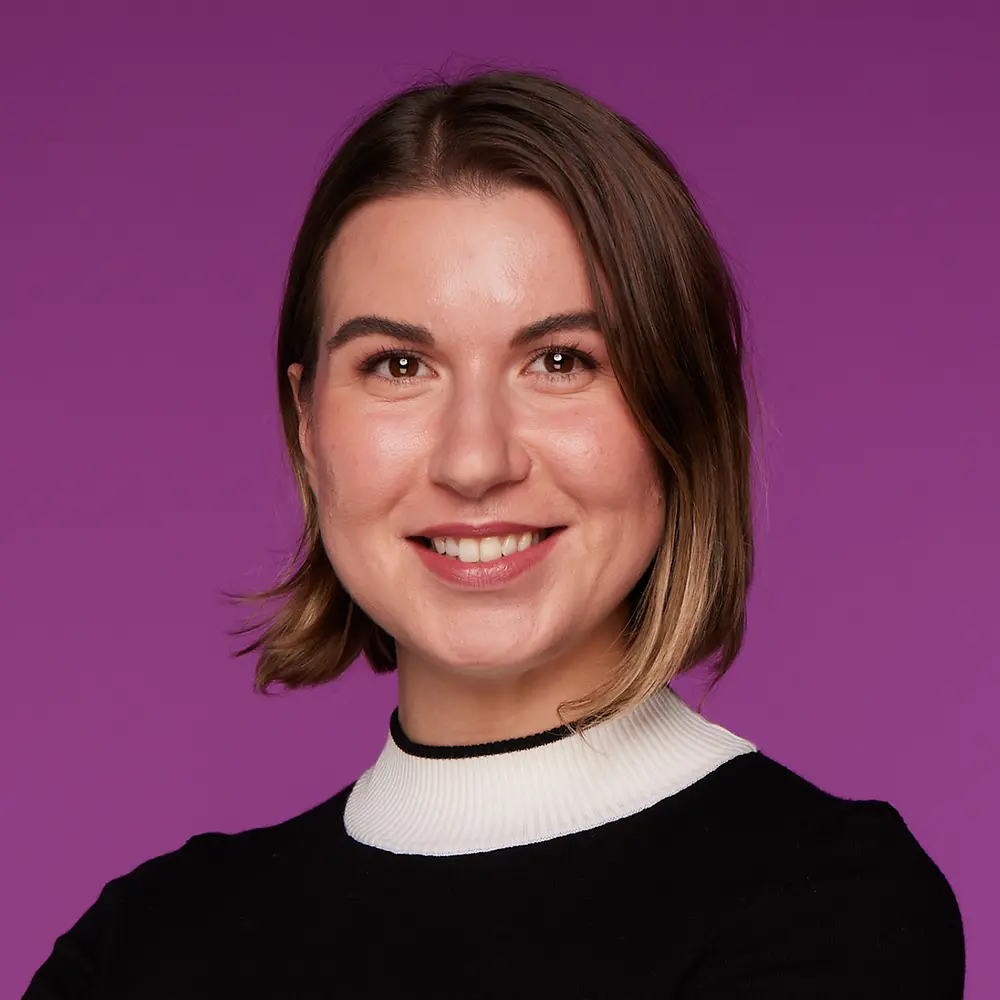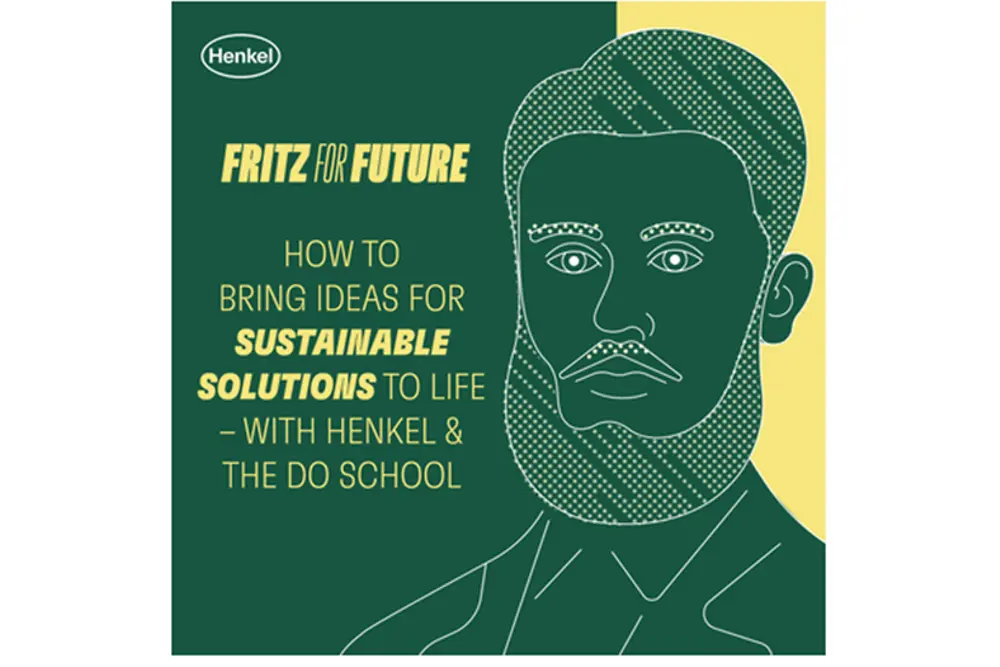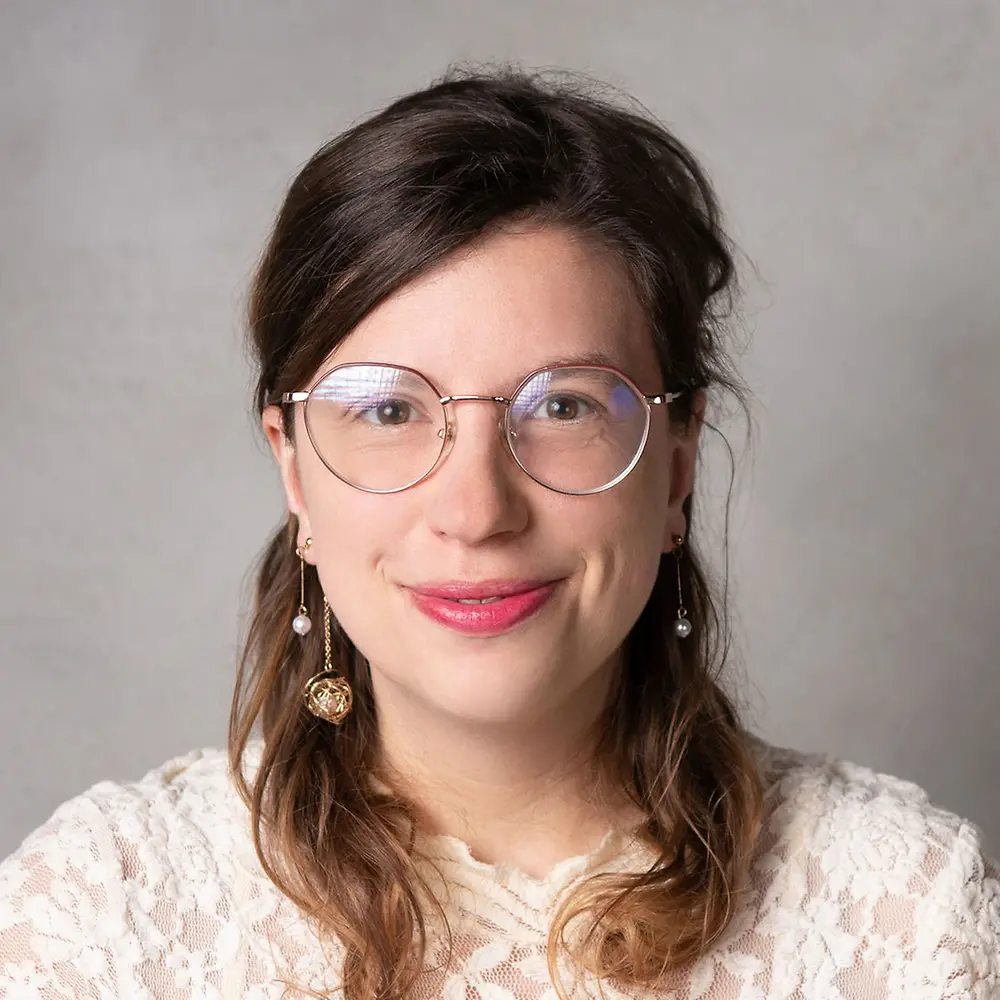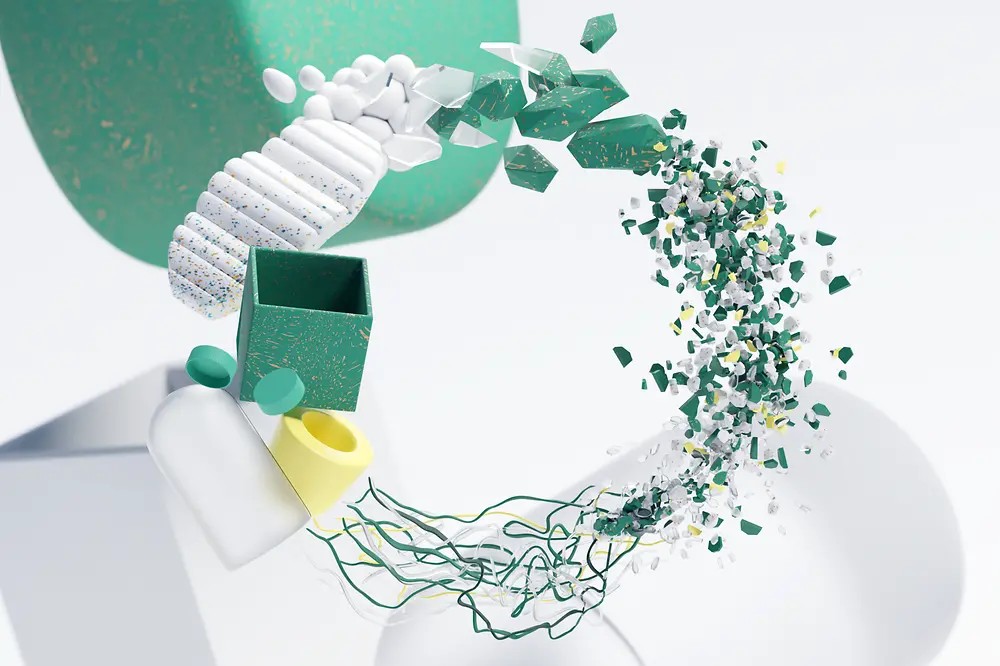“Participants learn to think and act like entrepreneurs,” explains Marguerite Bellec from The DO School. As Program Lead Entrepreneurship & Sustainable Design, she develops learning programs for sustainable innovation together with companies such as Henkel and then facilitates them in the respective courses. A first round of the Sustainability Incubator Lab already took place from March to June 2023. The topics ranged from communicating sustainable value propositions to transparency in palm oil raw materials – and with great enthusiasm from the participants.
Encouraged by this success, Henkel and The DO School launched a new lab round for employees in spring 2024. Jackson Tarleton from Henkel's US site in Greenville was part of one of the teams in the new round. A man who is keen on new things, as his career makes clear: He started as a production assistant in the film industry, then switched to the catering industry, and has been with Henkel for four years, first in production and now as a lab technician in a quality lab for Henkel Adhesive Technologies. Sustainability is close to Jackson’s heart who graduated with a Master of Professional Studies in Renewable Energy and Sustainability Systems from Penn State University this summer. “Our group from the Sustainability Incubator Lab has been working intensively on a specific reward system for the purchase of sustainable Henkel products,” says the 37-year-old. The project is developed and refined within the team; it's all about problem-solving and a new mindset. Jackson does not know whether the idea from the lab will be implemented. But his way of developing ideas and tackling problems is something he will continue to apply, even outside of the program, he says.
A snapshot from the pitch session of the Sustainability Incubator Lab
Sustainability in IT
Olga Kosik, Global Manager Media Strategy; Yasmine Mahmoud, Senior Accountant, Ingy El-Messiry; Senior Data Analyst Sustainability; Jana Mitkovska-Lankenau, IT Project Manager; and Laura Franzmann, Purchasing Manager Logistics, tackled a different task: finding a solution to sensitize Henkel employees to the fact that they cause greenhouse gas emissions in their daily work and how they can reduce their digital footprint. An internationally diverse team from very different departments, united by a shared goal: the inner drive to contribute to protecting the environment.
Diversity in the individual teams is a key characteristic of the Incubator Lab's learning programs. “What I particularly liked about our project was working as a group, communicating with each other and combining different perspectives,” says Olga. Jackson agrees. “It's great to work with people from other countries and with very different professions,” he emphasizes. “We have different cultural focuses and have also been brought up differently.” The American says that this is particularly important when it comes to sustainability, as it broadens one's perspective and enables completely new ways of looking at problems.
Marguerite from The DO School stresses the importance of these different views that Henkel participants are introduced to. “We believe that innovation is not for innovation's sake, but that you really have to consider all aspects and all potential consequences of the ideas you develop,” she says.
